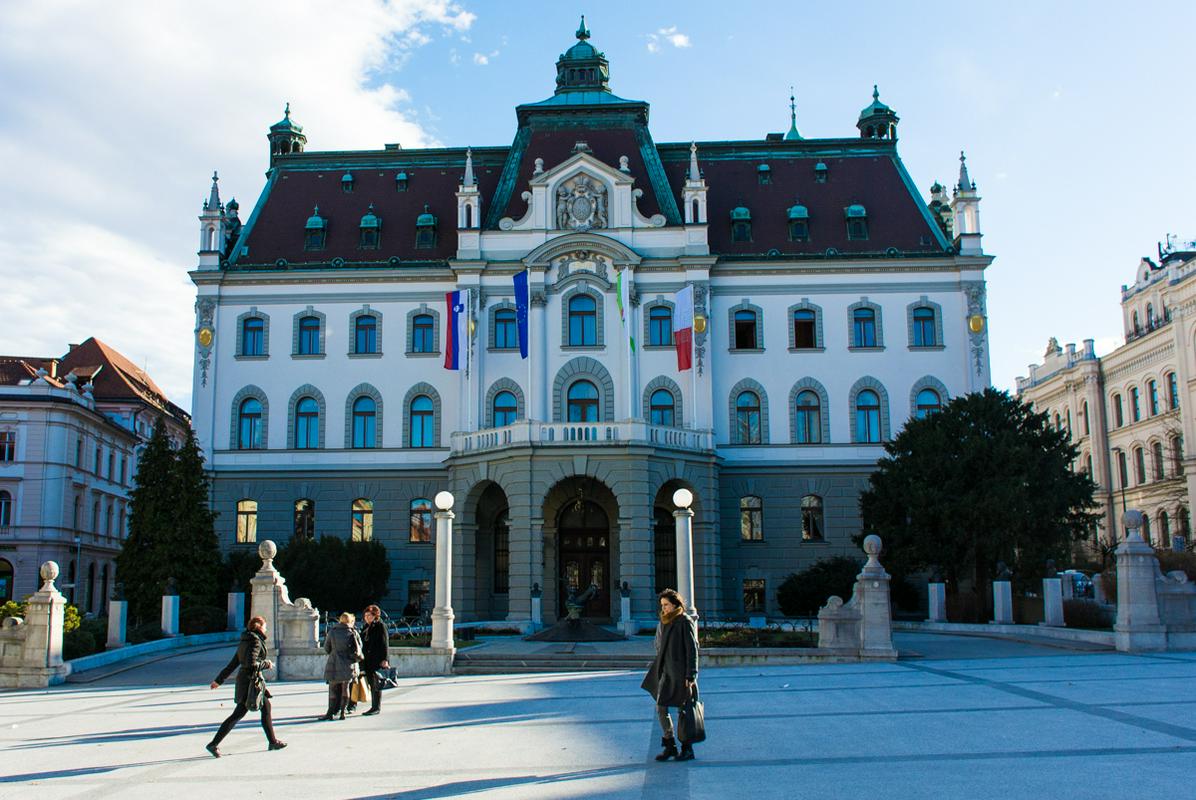
Amendments to the law on higher education have been creating agitation for quite some time now. The current bill addresses many problems the higher education has been facing, but as the opponents have warned, it also opens many new problems whose actual effect is difficult to anticipate. Does the bill bring commercialization of higher education, and will it, as the vocal opponents of the bill say, turn the students into consumers and the studies into a product?
Regular and partial study programmes
An important change introduced by the bill is tuition-free studies for those who are regularly employed but haven’t studied before, provided they regularly meet their study responsibilities. Anyone will be able to enrol free of tuition once, regardless of age or employment status. An additional year will be granted for those students to complete their studies. The bill introduces a new concept of study programmes.
Due to a degradation of non-regular studies (also available to the employed, with tuitions and a modified programme), study programmes will no longer be divided into regular and non-regular ones, but into regular and partial studies, with the latter being equal to regular ones both in terms of quality and quantity.
Tuitions
The majority of criticism is directed at funding. Institutions of higher education will be able to offer tuition-based regular and partial studies in addition to the tuition-free ones, but the former will only be allowed to take up 40% or less of the study capacity offered by the institution. First-rate programmes will also charge tuition.
While Secretary Aljuš Pertinač assures there would be no tuitions in higher education, Gorazd Kovačič, PhD., for the Faculty of Arts in Ljubljana warns that the preparers of the bill are faking ignorance and that introducing tuitions would have negative long-term consequences. “Students from socially underprivileged environments won’t be able to pay tuitions, which is why many will decide not to study,” notes Kovačič, adding that the faculties will be forced to lower exam standards and let the students who had paid the tuition pass the year. “This will decrease the quality of higher education and signifies a form of systemic corruption.”
Students’ protest
The Slovenian Student Union (SSU) supports the bill, since they believe the current law to be outdated. As the president of SSU, Timotej Vitez, stresses, their demands are clear – “financial and enrolment accessibility to higher education for everyone and under the same conditions for everyone”. Vitez argues the SSU won’t agree to any form of putting the burden on students. The student society Iskra opposes the bill and has announced a mass protest for 16 April. Matej Prijatelj from Iskra warns that the bill is only the first austerity act with many to follow.

































































